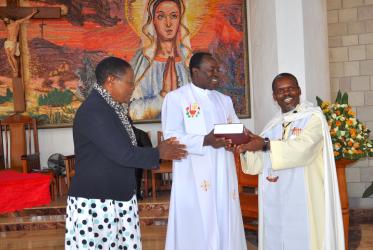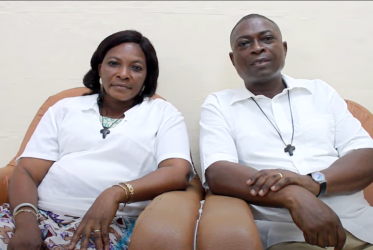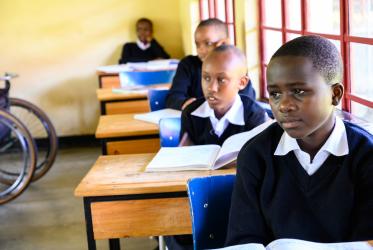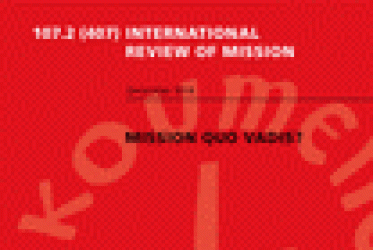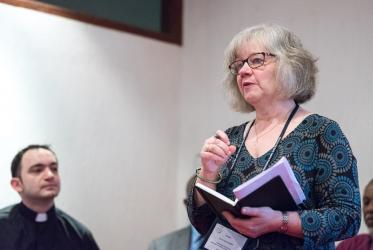Displaying 1 - 20 of 20
World mourns loss of Archbishop Desmond Tutu
30 December 2021
Mission and people with disabilities
26 June 2019
New issue: International Review of Mission
14 December 2018
Konrad Raiser shares ecumenical journey of transformation
06 February 2018
Dutch Reformed Church looks to Africa, after troubled past
08 August 2017
The work of the Spirit and discipleship in Christian mission
12 January 2017
Study group focuses on moral discernment in churches
04 August 2016
Pilgrimage of justice and peace gives vision for WCC programmes
22 November 2014
